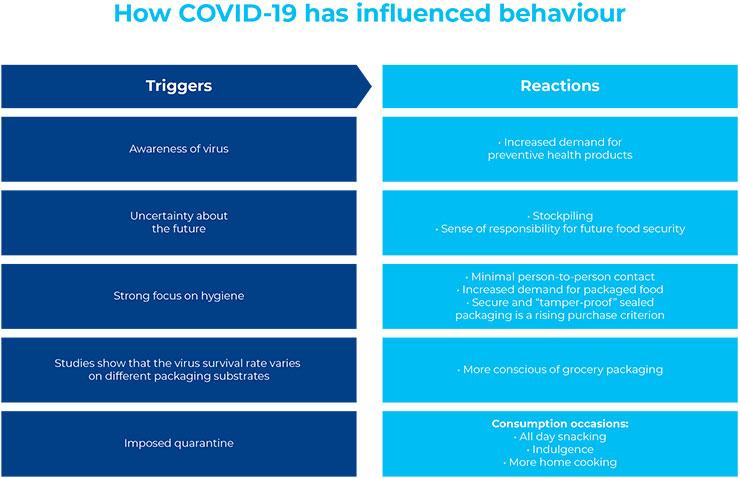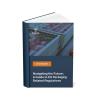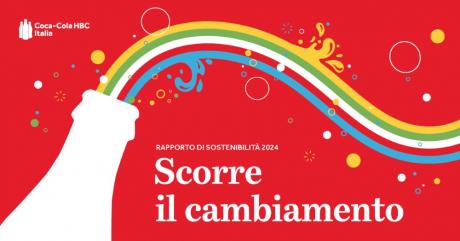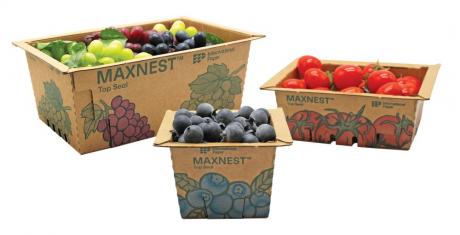The Tetra Pak Index 2020 (13th edition) investigates the relationship between food safety, environment and global pandemic. The unexpected scenario has given rise to new fears and changed the needs of consumers as they seek to balance the critical priorities of human existence between safe food and sustainability of the planet, redefining the ground rules for the industry.
COVID 19 (64%), environmental problems (49%), economic problems (47%) and food safety (40%) are the main concerns expressed by the panel of interviewees, which give substance to the Tetra Pak Index 2020 Report, commissioned by Tetra Pak and achieved in collaboration with Ipsos.
In fact, the pandemic has triggered a significant increase in concerns about food safety and the supply chain, which together stand at 40% (27% and 13%, respectively), compared to the 30% obtained by the two categories presented as a single theme in 2019.
More than two-thirds of consumers (68%) believe food safety is a top concern, and 50% think it is the responsibility of producers to improve it. Safety is directly linked to health, with 60% of respondents being careful to buy hygienic and safe food.
The role of packaging. The pandemic has reinforced the need for high-performance packaging, capable of prolonging the shelf life of food and increasing its accessibility, with the aim of reducing food waste. There is a growing tendency towards packaging that is also recyclable, as well as being able to limit environmental impact by using materials and distribution methods with low carbon emissions.
The food & beverage sector is therefore faced with a unique opportunity to implement food packaging that meets all these requirements. For its part, Tetra Pak is committed to creating the ultimate solution for sustainable food packaging: a carton package made exclusively from recycled or responsibly sourced renewable materials that is fully recyclable and zero-impact, enabling distribution at room temperature and meeting food safety requirements.

Clear labeling against waste. The Tetra Pak Index 2020 also highlights how consumers are becoming more aware of food waste, which has emerged as a concern for more than three-quarters of respondents. In fact, the impact of Covid-19 on supply chains has accelerated awareness of waste as an urgent issue (77% of consumers), on which everyone is called upon to take action. In this regard, the unclear labeling system is a barrier to consumers, thus, an area where brands can improve communication. The survey shows that 39% of global consumers throw away food because the preferable consumption date has passed, even if the products do not smell or look unpleasant, 30% would “never” consider consuming a product after the expiration date, and a further 36% would only do so for certain products.
So-called smart expiration labels, which can signal to consumers whether a product is still safe for consumption, could be a big help in this regard.









